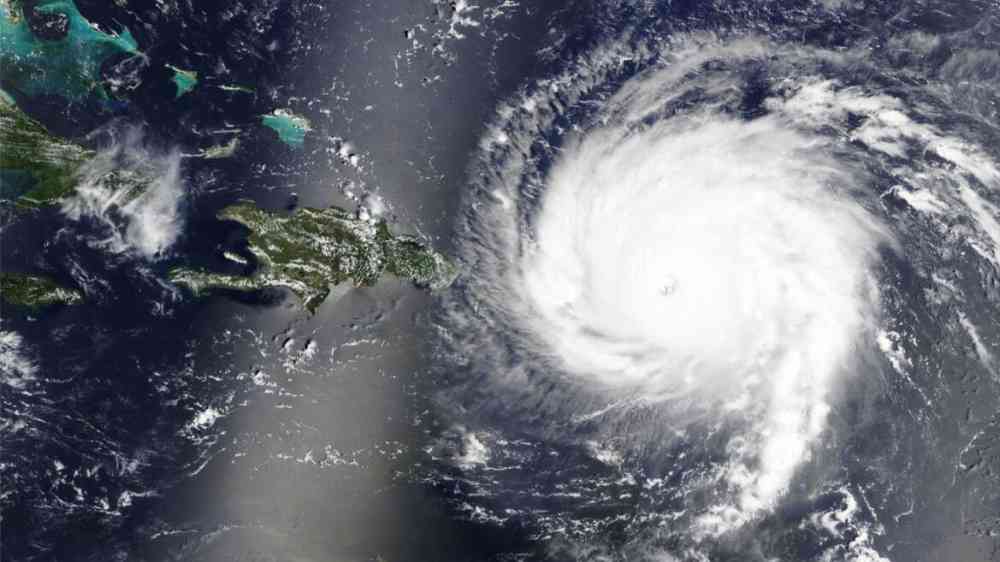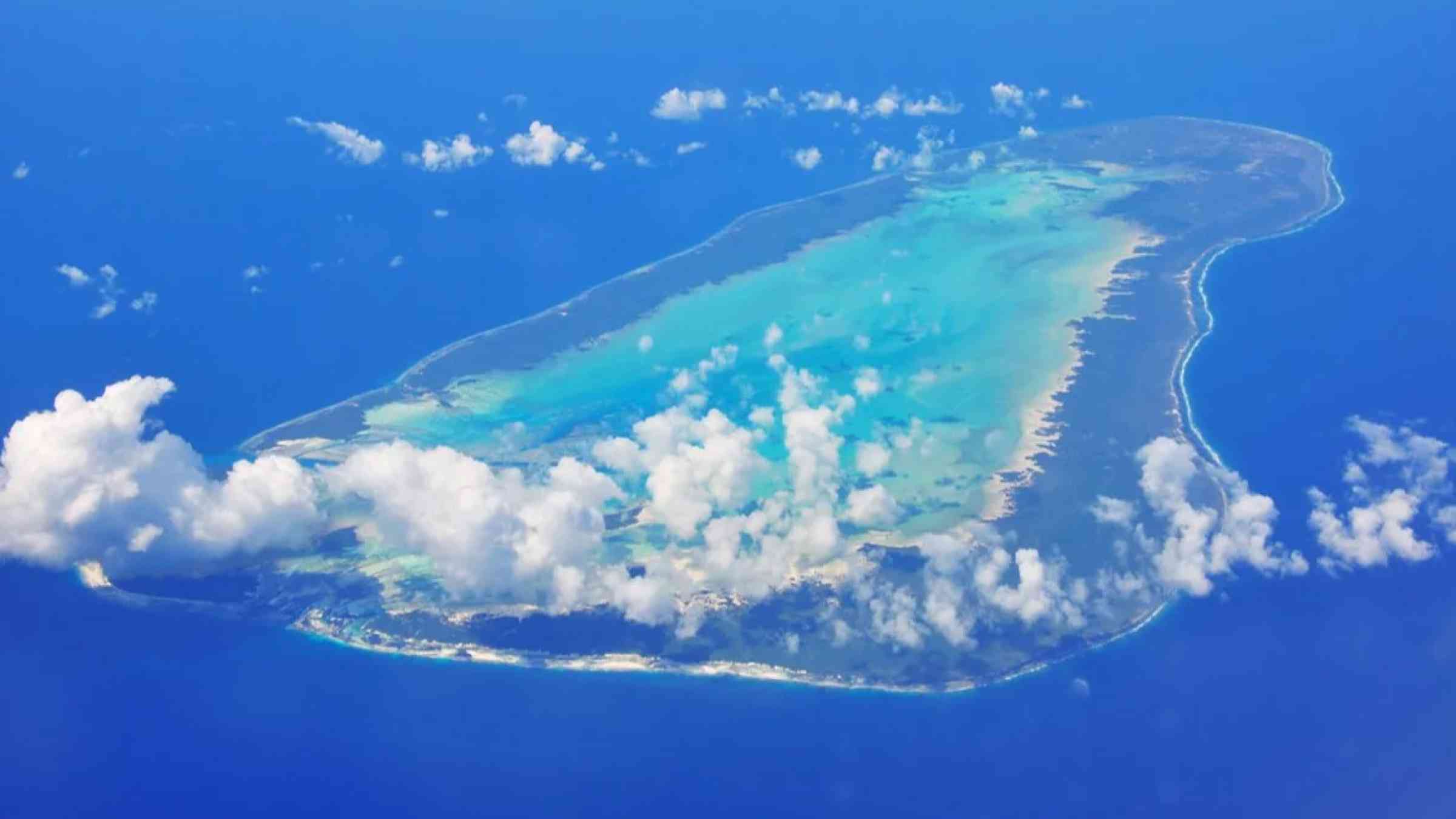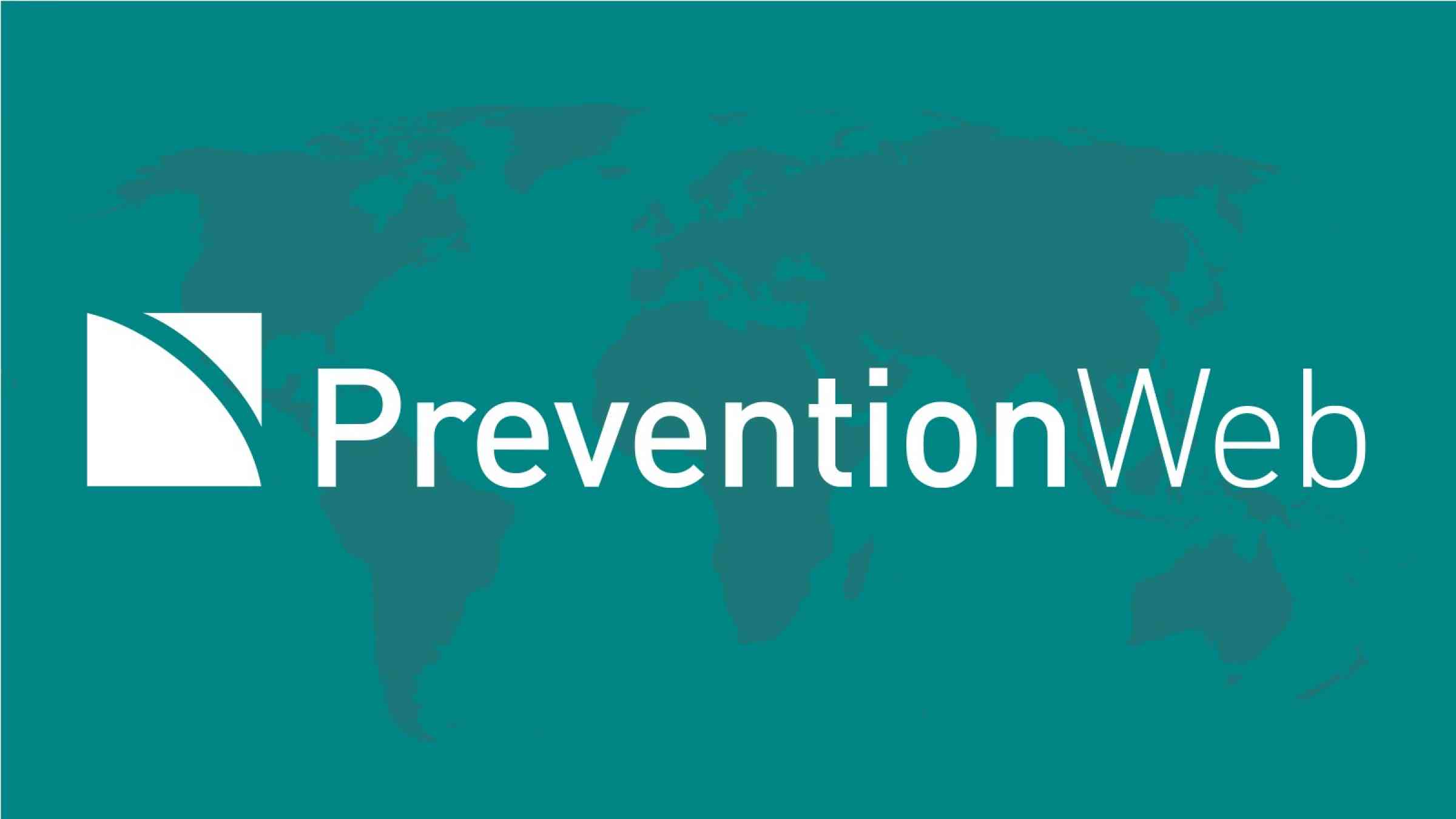Small Island Developing States
Disaster risk management, disaster risk reduction, disaster preparedness and long-term recovery in the context of Small Island Developing States (SIDS). Τhis theme covers the unique and particular vulnerabilities of SIDS as well as SIDS’ exposure to climate hazards and sea-level rise.




